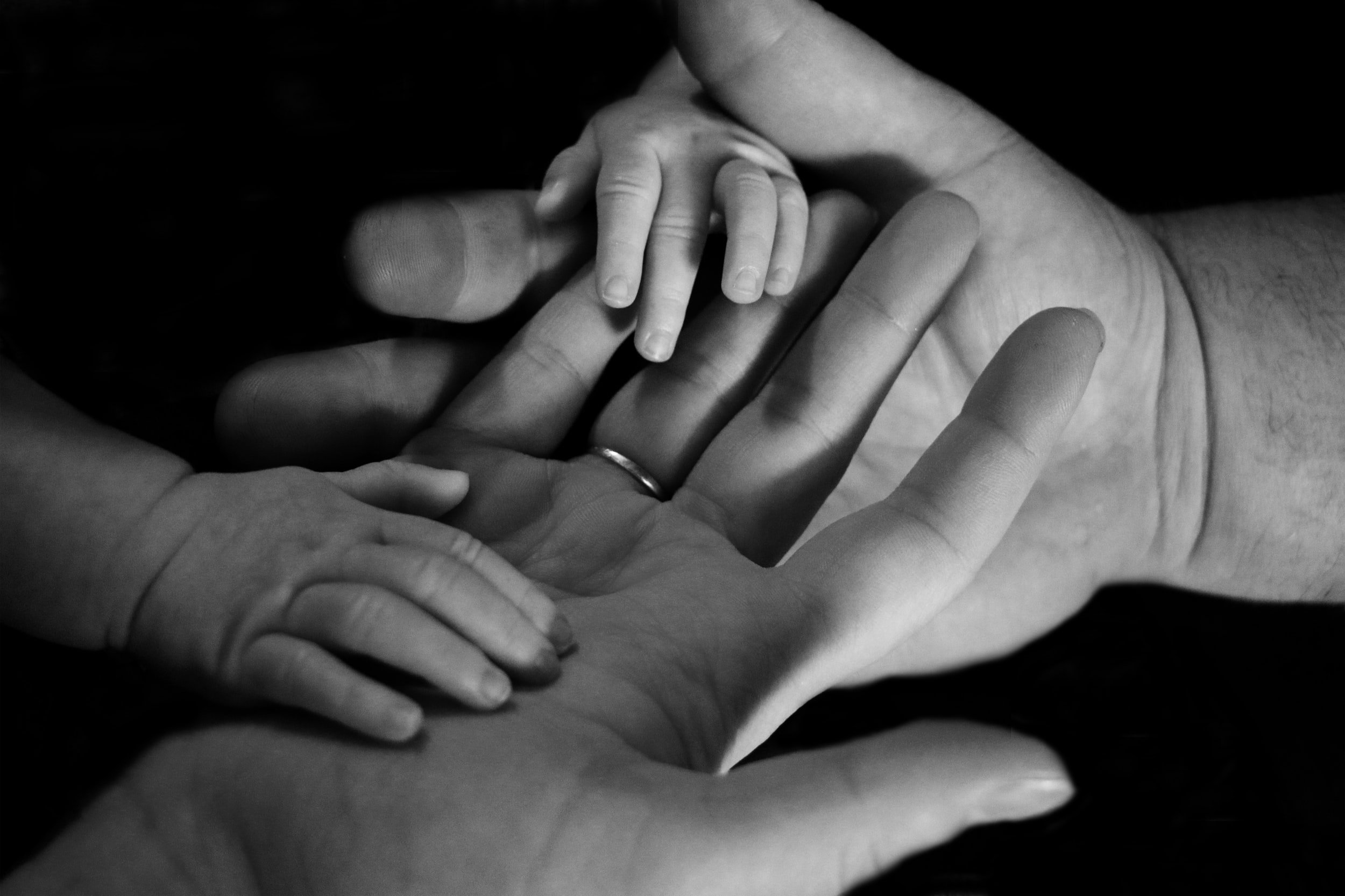
The Magic of Therapy
A blog about the transformational power of psychotherapy and how it helps us blossom into the wholesome being we are.

Why Healthy Love Feels Boring After Love Bombing: How to Heal, Rewire, and Recognize Genuine Love
If you’ve ever wondered why healthy love feels “boring” after a toxic, love-bombing relationship, this article breaks it down. Learn what love bombing is, why it hooks you, and how to heal with support from a therapist in Miami FL or a trusted mental health professional.

Understanding Relationship OCD and how it relates to attachment trauma.
Brain image studies demonstrate that the same brain circuits that light up when infants interact with caregivers light up when we interact with adult romantic partners. Science has illustrated what we therapists have seen in our offices for years. This is why the intersection of attachment and trauma research is so crucial in the way we understand and heal our relationships with others and with ourselves. In this blog, I want to discuss relationship OCD as an attachment trauma response and provide some insights into understanding and healing.

How to manage dating anxiety when you have an anxious attachment style
When you have an anxious attachment, the novelty, discovery, and excitement of dating turn into a hot ball of uncertainty. You're constantly questioning your partner's intentions, the current status, and the relationship's future. You forget your own when focused on your partner's feelings and intentions. You need to reflect on how they make you feel, if their values align with your own, if their lifestyle is what you envision for yourself, etc. This heightened vigilance and concern with the other (primary caregiver in childhood and partner in adulthood) leave little room to focus and prioritize oneself. The fear of abandonment takes over; you analyze and overthink every interaction, which leaves you needing extra reassurance from your partner. Anxious attachment stresses the relationship, makes trust difficult, and causes frequent conflict.

How to Learn From and Avoid Repeating Relationship Mistakes
the last thing you want is to make similar relationship mistakes that you’ve made in the past. Whether you’ve had a string of failed relationships or you were in a long-term relationship that just didn’t work out, being able to learn from those mistakes is important.

How Perfectionism Affects Your Dating Life
At one point or another, we have all sought out the “perfect” relationship. Your partner does everything right all the time, you never fight, and the honeymoon period lasts forever. Of course, this does not exist in real life.
Dating as a perfectionist can be difficult. When you think of the traits of a perfect partner, a perfectionist might take it literally. No one partner will ever be absolutely perfect, especially at the beginning of a relationship. Your perfectionism might be making you sabotage your own happiness. Let’s learn how to recognize the signs and take action against your perfectionism.

Here’s How to Recognize a Trauma Bond
If you question why it’s so hard to leave a partner, even when you know they’re mistreating you, this post will help you figure that out. These situations often imply a toxic relationship. These relationships are distressing and often abusive and they may also have brief moments of positivity that feel wonderful, but it’s never consistent.

How Are Codependency and Narcissism Linked?
Typically, codependency and narcissism are thought of as opposites. This is because codependency is seen as an excess of selflessness. Meanwhile, narcissism is viewed as an excess of selfishness. However, there are a lot of similar traits. Some of the core symptoms of narcissism and codependency overlap. Learn how they’re intertwined and how to get help.

Breaking Free: Recognizing the Signs of Psychologically Abuse and Finding a Way Out
Psychological abuse can be insidiously quiet. It doesn’t have the same marks that physical abuse does because involves verbal and social attacks in an effort to control someone. The abuser may try to control who their partner can and cannot see and be around and may use hurtful abusive language.
Abusers who use these psychological tactics often break down their partner’s self-esteem or attack their self-worth. This creates a psychological dependency on the abuser, which then gives the abuser even more control.
Recognizing the signs of psychological abuse is the first step to resolving the issue, or escaping it.

Learn to Nurture Different Types of Intimacy in Your Life.
There are several types of intimacy. We usually associate the word “intimacy” with sex, and while that’s one version, but it’s not the entire picture. Many intimacy types are impactful in their own ways. Long-term relationships usually require support and acknowledgment of several kinds of intimacy to thrive. If you think you might have a fear of intimacy, consider reaching out to a therapist.

What your Attachment Style means for your Relationships.
Let’s look at how your attachment style might affect how you and your partner interact with one another. According to attachment theory, there are four types of adult attachments that develop from childhood: Secure, Anxious-Ambivalent, Avoidant Attachment, Disorganized Attachment. How does this affect us now, in the present day, and how does it affect our romantic relationships?

Can Past Trauma Affect your Parenting Skills?
When we experience childhood trauma, there is a strong possibility of that trauma affecting the way we parent. This is not a sentencing. Our traumas do not doom us to repeat the mistakes of the adults who raised us and influenced our development. Acknowledging how you feel about the pain in your childhood and creating a narrative that respects your experiences can help you.

How to Set Meaningful Intentions in the New Year Instead of Just Resolutions
Since we’ve all spent some time alone because of the pandemic, we’re coming to an overall consensus: intentions are more impactful than resolutions. What do we mean when we talk about setting intentions for the new year instead of New Year’s resolutions? Aren’t they the same thing?
Resolutions are goals. These can set you up for failure because we rarely have a wide enough scope to plan how to achieve our goals throughout an entire year. Intentions are more similar to how you can improve your life. It focuses on accountability and the process as a whole, instead of focusing only on results.

How to Set Boundaries in all Relationships
Healthy relationships have boundaries. Knowing your limitations and effectively communicating them is extremely important.
Let’s review the importance of boundaries, what does and doesn’t work, and how you can set boundaries for a healthier relationship with your partner.

Afraid of Getting Close?
Do you want to feel close to a partner but find yourself hesitant or drawn to emotionally unavailable people? Read this post about fear of intimacy and how to overcome it. FEEL-HEAL-THRIVE @psychblossom

Am I Codependent?
Learn about the signs and origins of codependency. Many times codependency comes accompanied by other mental health issues such as low self-esteem and depression, in addition to relationship stress. One single skill that could be helpful in healing codependent tendency is learning to set boundaries. Read more now and see how you too, can step into a healthy relationship with others and yourself.

Knowing When to End a Relationship
Learn how to identify red flags in a relationship. I see so many clients in relationships with partners who have narcissistic traits. These relationships are very confusing and seeking professional help can spare you years of suffering. It is also a great opportunity to strengthen your self-esteem.


Why am I not happy?
In this post, I explain what is (CEN) childhood emotional neglect and what are its symptoms in adulthood. Then, we explore how it affects emotional development and relationships. Lastly, I summarize the three stages of therapy I find effective in helping clients heal from neglect.

The Power of Vulnerability
We live in a society that rewards those with courage and valor. We are taught from a young age that it’s good to face our fears, for doing so is often the catalyst for powerful and lasting change.
And yet, how many of us allow ourselves to be vulnerable?

Do I stay or do I go?
Breaking up is always difficult, even if you’re the one making the decision. In this article, we explored some of the internal pain points of breaking up with someone and important questions to ask yourself before making the decision.
